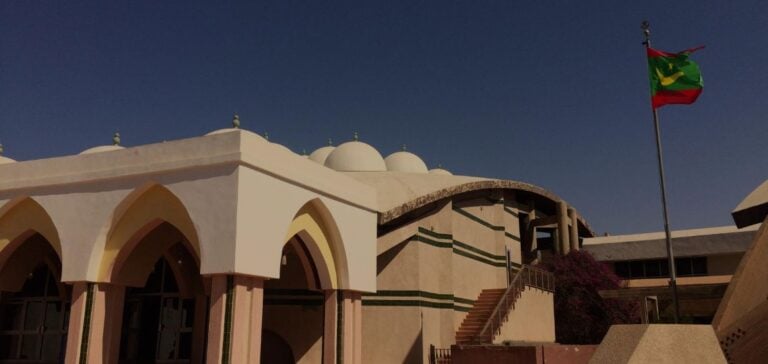On January 7, Mauritania signed a strategic partnership with the Millennium Challenge Corporation (MCC), representing a 27 million USD investment. This funding aims to improve the energy sector and strengthen government capacity to address environmental challenges.
Objectives of the funding
The agreement is divided into two main components. The first focuses on modernizing electricity infrastructure. This includes strengthening the capacity of local stakeholders to optimize electricity production and transmission while developing a more effective regulatory framework. The goal is to achieve universal access to electricity by 2030.
The second component targets environmental resilience. It aims to enhance government planning and coordination capabilities for managing climate risks, as well as to fund sustainability-related projects.
Energy and environmental context
Despite significant energy potential, particularly in natural gas, solar, and wind resources, Mauritania continues to face low electricity access rates. According to the World Bank, only 49% of the population had access to electricity in 2022. Furthermore, renewable energy currently accounts for just 22% of national electricity production.
To harness its potential, the country must overcome several challenges, including attracting investments and crafting appropriate policies. Collaboration with institutions such as MCC is a critical step in this direction, aligning energy goals with sustainable development objectives.
Expected impacts
This funding serves as a key lever to improve citizens’ quality of life, particularly in rural areas where energy access is limited. Additionally, it strengthens Mauritania’s strategic position in the regional energy sector while attracting potential investors interested in the country’s renewable and fossil resources.






















